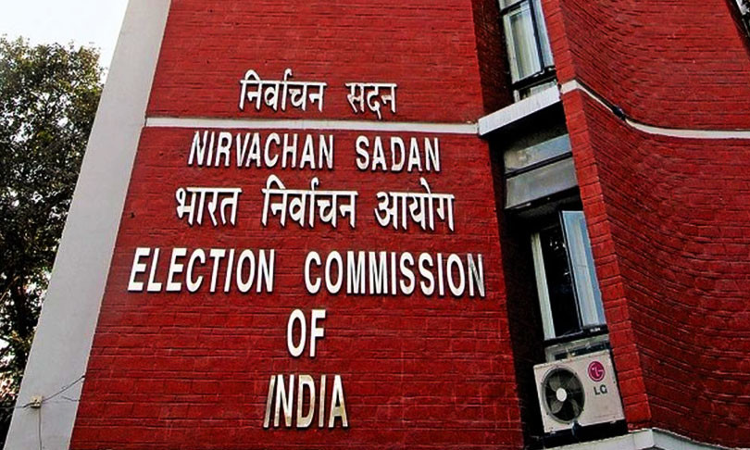Delhi High Court Issues Notice To Election Commission On Plea For Regulation Of Internal Elections In Political Parties
Akshita Saxena
28 Oct 2021 2:45 PM IST

Next Story
28 Oct 2021 2:45 PM IST
The Delhi High Court has issued notice to the Election Commission of India on a PIL seeking regulatory oversight of internal elections in political parties. The Division Bench of Chief Justice DN Patel and Justice Jyoti Singh has asked the EC to file its counter affidavit in the matter, to be next heard on December 23. The petition has been filed by Advocate C. Rajashekaran. He...
